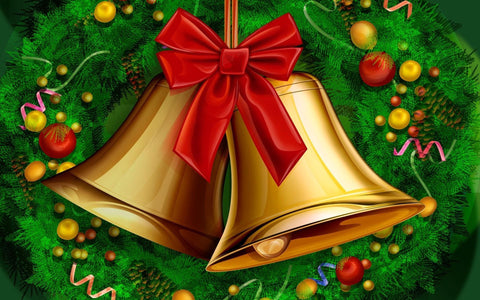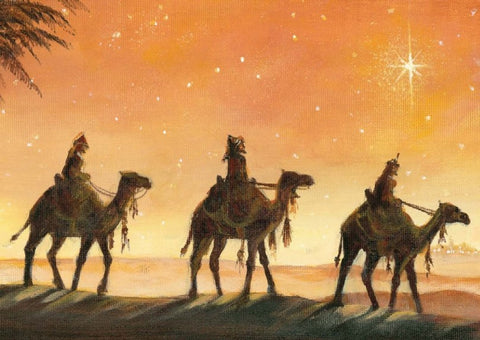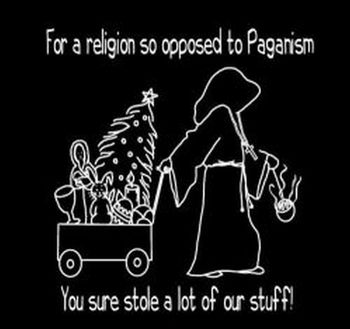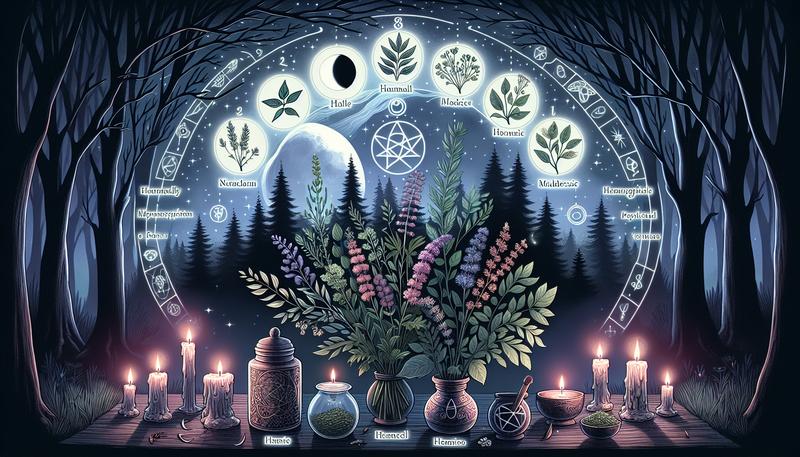In this post, I’ll aim to clarify some of the common misconceptions about Christmas.
A lot of what we engage in during the Christmas season has very little connection to the birth of Jesus and mainly concerns the celebration of Yule and the seasonal transition.
In numerous Nordic countries, they still refer to it as Yule!
In Denmark, Sweden, and Norway, the holiday is called JUL, which is essentially a variant of Yule. Just spelled a bit differently.
If you happen to meet someone from a Nordic nation, ask him or her to say Christmas Eve in their language, and you’ll easily hear the difference.
The sound of bells comes from a Pagan tradition!

When you hear Christmas bells ringing, you likely associate them with bells on sleds or reindeer.
The tradition of bells originates from ancient Pagan rituals, where they were employed to ward off evil spirits.
The same concept applies to lighting candles, which were also used to fend off the cold and darkness.
The act of giving gifts isn’t tied to the three wise men.

This topic might spark lively debates around the holiday dinner table, so proceed with caution…
Nonetheless, it’s quite improbable that the three wise men (if they even existed as a trio) would have brought gifts to a newborn during that period.
Conversely, it is well known that until the 1800s, giving gifts around New Year’s Eve was a common practice.
This was a way to wish one another prosperity in the upcoming year.
If we look even further back, Pagans offered “gifts” to the gods during Yule rituals as offerings.
The “Christmas” Tree

Long before the advent of Christianity, people revered the plants and trees that stayed green year-round, such as the pine tree.
At that time, individuals would hang green leaves over their doors and in windows.
However, in the 16th century, Germans began cutting down pine trees and bringing them indoors to decorate. It took more than 200 years for Christians to embrace them as a Christmas custom (around 1840).
Prior to that, it was viewed as a Pagan practice, and very few Christians had Christmas trees.
Jesus was not born in December

Nowhere in the Bible does it state that Jesus was born in December!
After studying the Bible and conducting research, you’ll likely conclude that Jesus was born in the summer months, not winter.
For instance, in Luke 2:7-8, it mentions that shepherds were in the fields, but shepherds would not be found in the fields with their flocks in December.
Moreover, Jesus’ parents traveled to Rome to register in the census (which counted the entire population). However, censuses were not conducted in winter due to the cold and frequently poor road conditions. It’s improbable they would carry out a census in such circumstances.

In conclusion, Christians were quite clever in their “marketing” strategies for their religion. They understood that there was NO WAY people would convert if it meant abandoning their celebrations.
Therefore, they merged everything together.
Christmas is likely the most evident example of this.
Consider it: Why would you place a tree in your living room, decorate it, top it with a star, light candles, and exchange gifts…
…all while singing songs about a person born thousands of years ago (and probably not even on that specific day)?
No, the reason we commemorate Jesus’ birthday in December is likely tied to the existing holiday (Winter Solstice). To make it more palatable for everyone, Christian holidays were scheduled on dates that already held significance for celebrations.
If you still have doubts, look at the other Christian holidays and observe how they coincide with Pagan festivals. It’s no coincidence.
Happy Holidays!
Let me know what you think. Leave a comment 🙂




I love this. I am showing this to my mother. 🙂